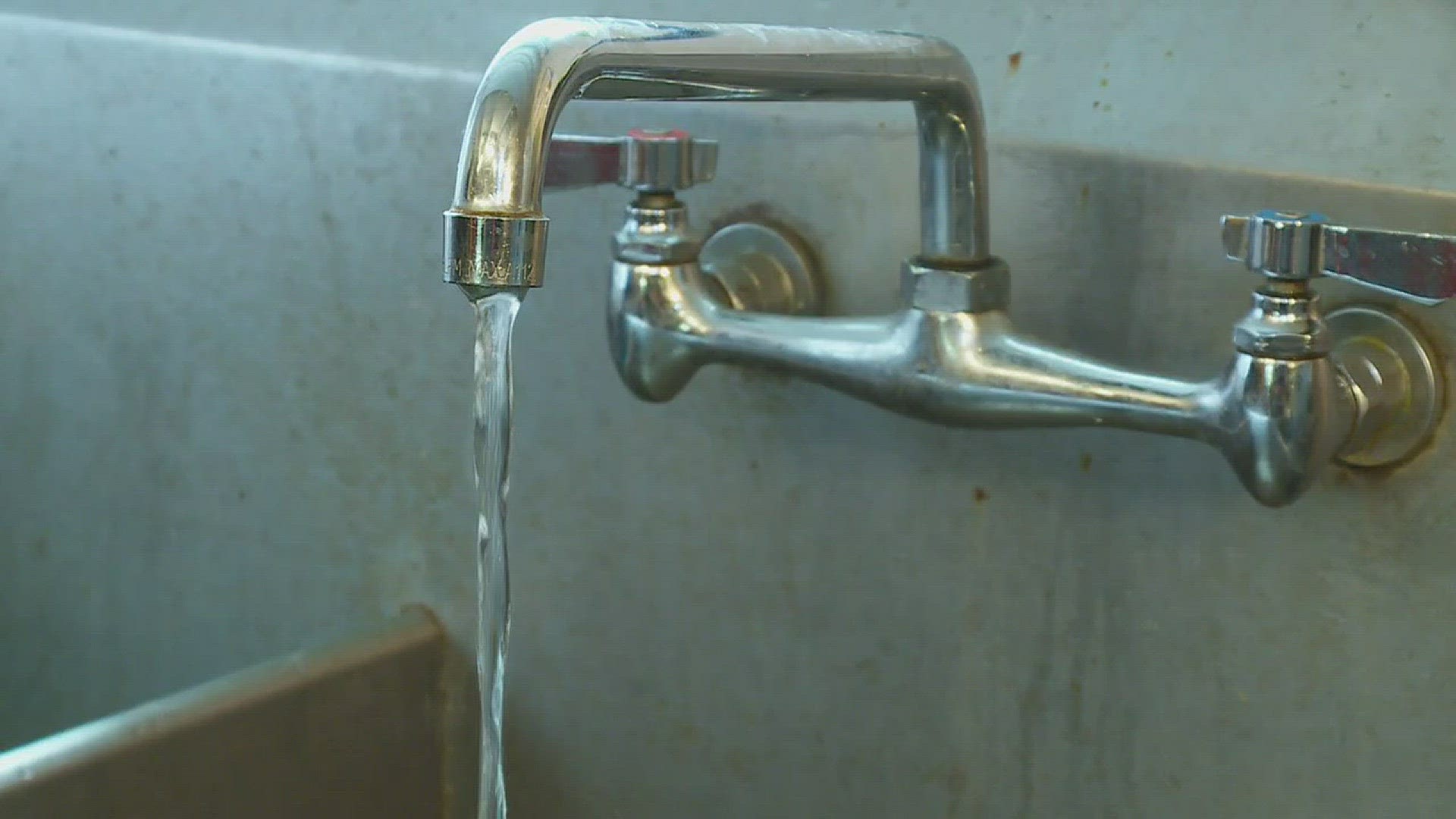NEW ORLEANS (WWL-TV) -- After a study offered residents to test lead levels in their water at home, some residents are concerned about the alarming results.
As WWL-TV first reported in February, a researcher is doing a study of just how much lead from old pipes gets into the water that comes in our homes.
Fifteen parts per billion of lead in the water is when utilities have to take action, but doctors said that is too high and that no lead in water is safe, especially for children.
"By 2012, the CDC acknowledged that there is no safe level of lead," said the study investigator
Dr. Adrienne Katner, an LSU Health New Orleans Assistant Professor of Public Health.
Monday, Dr. Katner released some concerning results from that study. Old lead pipes are not just in New Orleans. Many big cities are plagued with lead in the water as well. And lead in water can come from old house paint and lead in the soil from old gasoline. The current water findings have Dr. Katner concerned.
Beth Butler joined the recent LSU Public Health Study testing. Her results are back for the lab and not good, more than 24 parts per billion.
“I fear because I know that it's an imperfect science just to use filtered water and for years we didn't use filtered water,” said Butler.
Her son's house is down the street in the Bywater. Results from his home were even worse.
“His house is astronomical; it's 151.9 parts per billion,” Butler, who is a grandmother, said. “So that's even worse news because that's where the babies were raised.”
The study is still ongoing, but Tuesday Dr. Adrienne Katner presented her preliminary findings to her colleagues at the LSU School of Public Health.
“Now we did detect lead in just about most every home we sampled, about 95 percent of the sites that we sampled had detectable lead,” Katner explained. She added that zero parts per billion, or no lead, is safe.
Katner said many of the study participants didn’t drink unfiltered water, however, most of them cooked with it.
Low lead levels can cause learning deficits and neurological damage to children. It affects unborn babies impacting their birth weight, and the likelihood of being born prematurely. Lead can impact the amount of brain tissue, impair speech, hearing and hyperactivity, and even memory loss and high blood pressure.
“New Orleans has a very high childhood lead poisoning issue,” said Dr. Katner. "This is very significant, it's even higher than what we saw in Flint, Michigan overall.”
Some sources of lead in water comes from pipes in homes, and 65 to 80 percent of the city pipes are nearly two centuries old, although now some are being replaced since Hurricane Katrina. Still, it would cost more than $5.7 billion to replace all the pipes, money the city does not have.
The Sewage and Water Board responded saying the pipes are treated which makes lead in the water minimal.
They said the water is safe and leaves the treatment system with no lead.
But the water is treated with anti-corrosives so when it goes through the pipes there is very little chance of lead leaching into the water from city pipes.
In the meantime, here are some things residents can do:
- Get rid of brass fixtures older than two years
- Flush water for five minutes, then fill up bottles to use for drinking and cooking
- Showering and bathing will not cause harm from lead in the water unless it is extremely high
- Use a clean filter approved for removing lead on your faucet. Change it regularly.
- Use a bottled water that tests for lead
For free test kits from LSUHSC, call (504) 568-5942 or http://sph.lsuhsc.edu/leadstudy.
To see what filters are approved for filtering lead: http://www.nsf.org/consumer-resources/.

